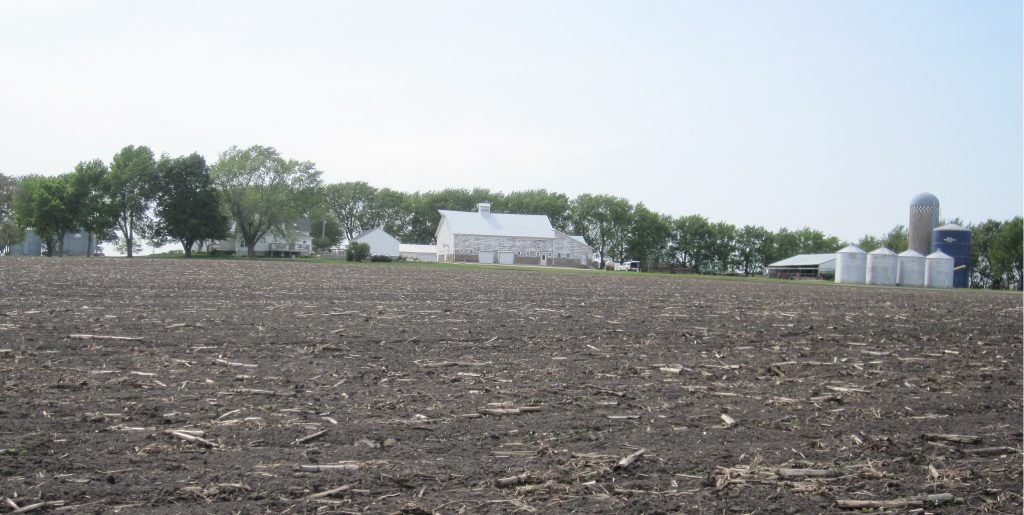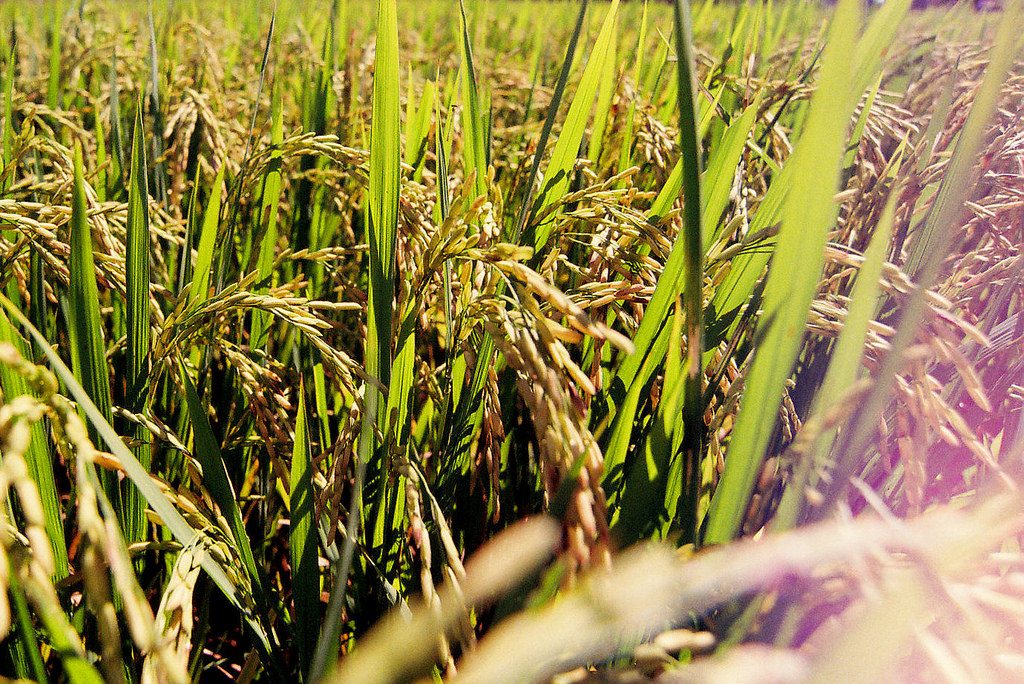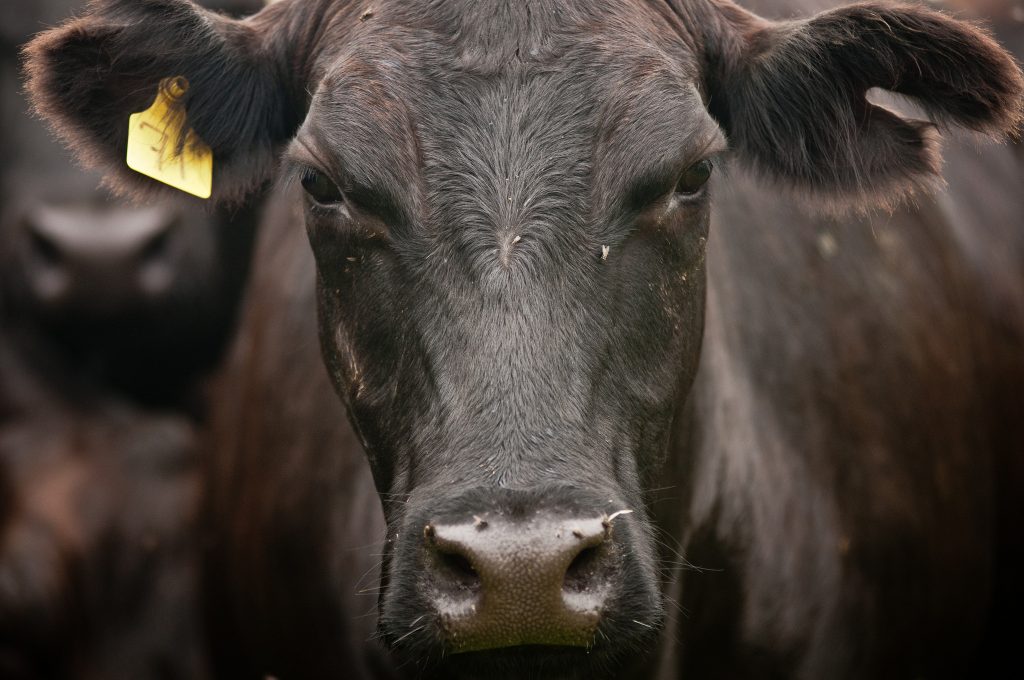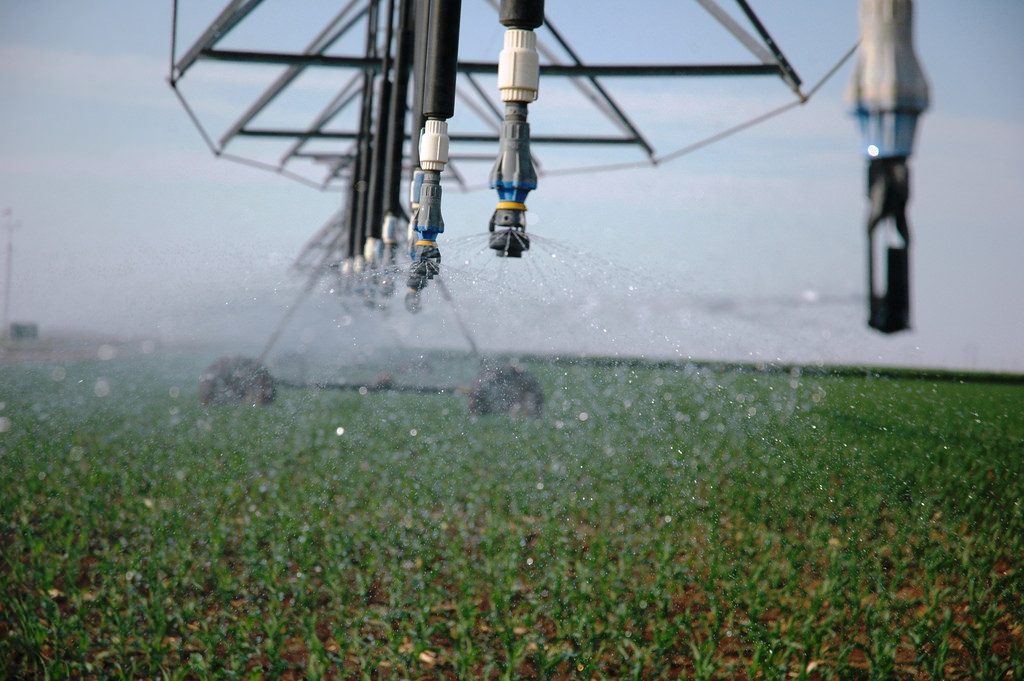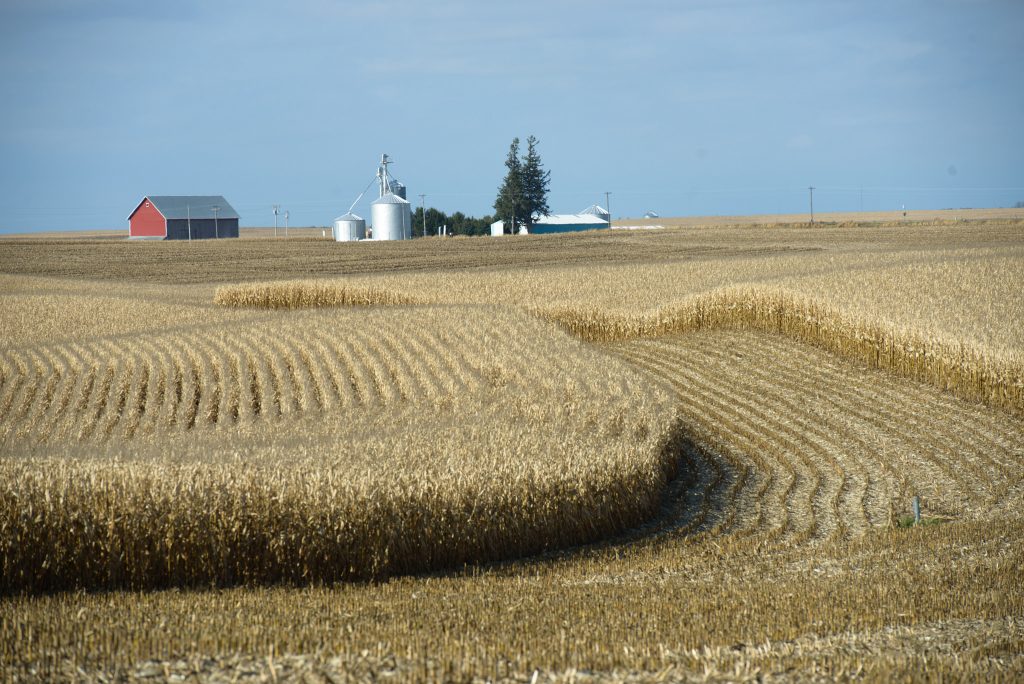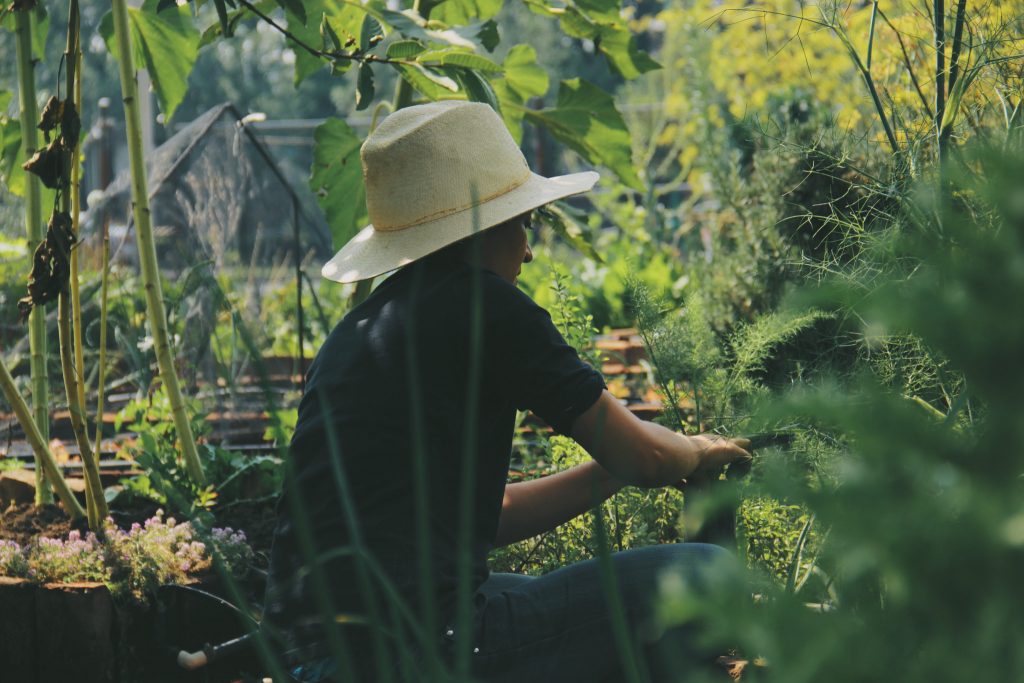Soil Erosion
The intensive use of land by monocrop agriculture removes soil-stabilizing species, resulting in rapid erosion. Globally, human activities have increased the rate at which soil erosion is occurring to as much as 40 times the natural level. One of the primary factors contributing to this erosion is the process known as tilling, where farmers break up soil …

